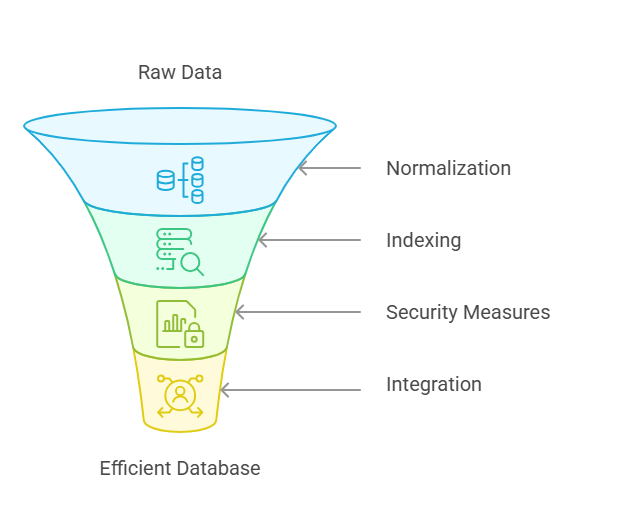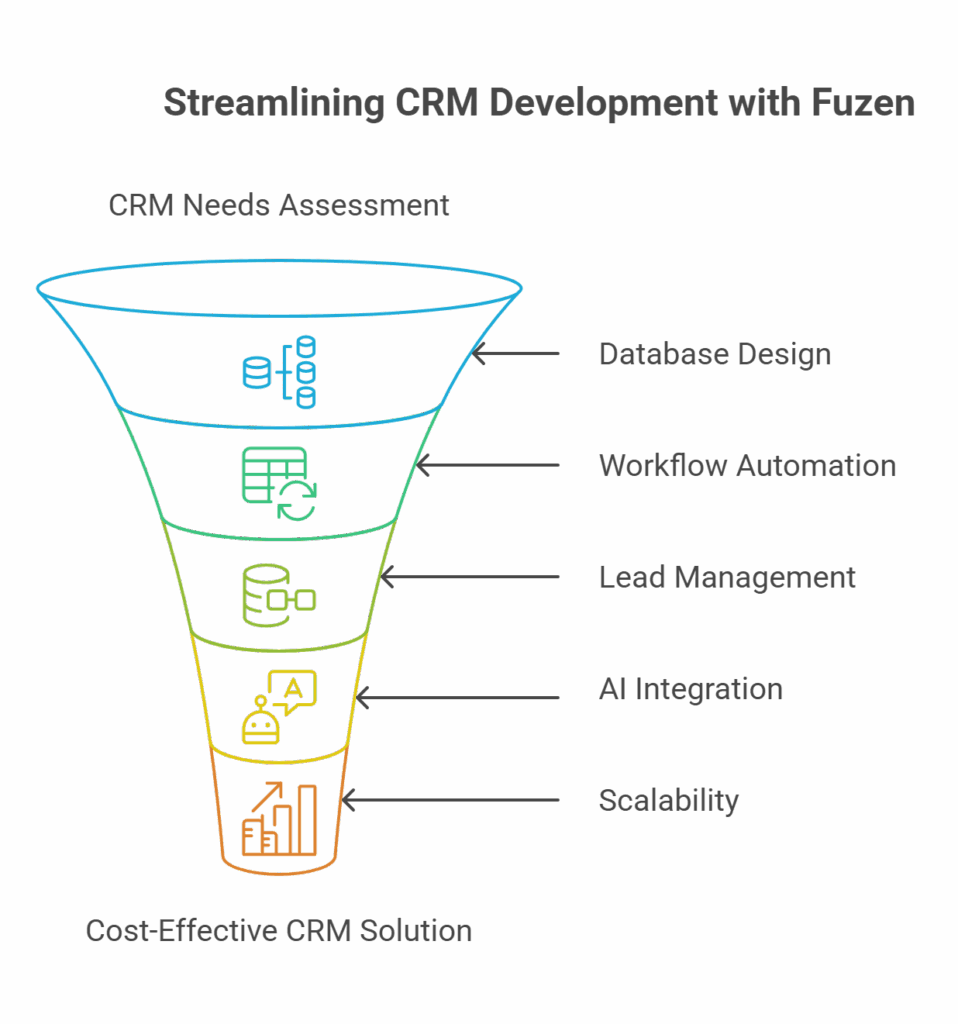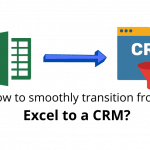As your store grows, so does the amount of data you manage. Without an organized structure, things can quickly spiral into chaos. That’s why following e-commerce database design best practices is essential.
Imagine having customer information at your fingertips, product details neatly categorized, and order histories easily accessible. A clean database makes all of this possible, while also allowing your system to scale with your business.
In this post, we’ll explore why structured data is so important for e-commerce and how you can design your database the right way. By applying smart practices, you can build a reliable foundation for growth and smooth day-to-day operations.
Understanding E-commerce Database Essentials
Creating a robust e-commerce database is more than just storing information. It’s about organizing data efficiently and making it easily accessible when needed. Following e-commerce database design best practices ensures your data works for your business, not against it.
Normalization and Indexing
Normalization helps structure your data by reducing duplication. This makes the database more efficient and easier to manage. When done properly, it improves data integrity and keeps everything organized.
Indexing is just as important. It speeds up data retrieval by allowing the system to locate information quickly. This becomes essential as your business grows and the volume of data increases.
Security Measures
Security should be a top priority. Protect sensitive data like customer information and payment records with secure access controls.
Use encryption for stored data and implement regular audits to check for vulnerabilities. These steps help prevent data breaches and unauthorized access.
Flexibility and Integration
A well-designed database should adapt to your growing needs. Make sure it can connect easily with tools like CRMs, analytics platforms, or inventory systems. This level of integration allows for better insights into customer behavior and sales trends. It supports more informed decision-making across your business.
By applying these e-commerce database design best practices, you create a system that is not only secure and fast but also scalable. It becomes a valuable asset in supporting smooth operations and driving business
Design Best Practices
Designing an e-commerce database efficiently requires more than just storing data. It involves planning for performance, clarity, and future growth. By applying e-commerce database design best practices, you ensure your system is both reliable and easy to manage.
Separation of Records
Separating customer and order records is a smart approach. For instance, store customer details in one table and order information in another. This separation simplifies data management and makes queries faster and more precise. It also helps with access control, as permissions can be assigned based on the type of data.
Metadata Inclusion
Adding metadata improves the usability of your database. Metadata provides context, such as timestamps, product categories, or data sources. When storing product details, for example, include information like the last updated time or product type. This makes your data more searchable and valuable for analytics.
Backup Strategies
Data loss can be costly. That’s why regular backups are an essential part of e-commerce database design best practices. Set up automated daily or weekly backups, and consider cloud-based storage for added security. A solid backup plan ensures your business can recover quickly from technical issues or accidental data loss.
By implementing these strategies, you build a database that is clean, secure, and ready to support your business as it grows. These practices help create a foundation for efficient operations and long-term success.
CRM System Benefits from Organized Databases
A well-organized database turns your CRM system into a powerful engine for efficiency across your e-commerce operations. By focusing on e-commerce database design best practices, you unlock the full potential of automation, reporting, and customer insight.
Enhanced Automation
When your data is clean and structured, automation works more reliably. A well-designed database integrates smoothly with CRM tools, allowing automated tasks to run based on clear triggers. For example, you can automatically send personalized emails or alerts based on a customer’s purchase history. This reduces manual work and improves customer engagement.
Efficient Reporting
Structured data makes reporting faster and more accurate. With a well-organized database, you can pull detailed reports on sales trends, customer behavior, and product performance easily. These reports help improve your Customer Relationship Management by giving you clear insights to guide smarter business decisions.
Improved Customer Insights
Systematic data storage helps your CRM system understand customer preferences. You can identify buying patterns, track interaction history, and use this information to tailor your communication. This leads to better customer service and stronger loyalty over time.
By applying e-commerce database design best practices, you ensure that your CRM system runs smoothly and supports your business growth. A strong database structure is the foundation for better workflows, improved decision-making, and meaningful customer relationships.
Fuzen’s Solution for Seamless Database Design
Fuzen offers a smart, no-code solution for building custom CRM systems with database design at the center. Whether you're managing customers, inventory, or orders, Fuzen helps you structure your data properly so your CRM is fast, scalable, and easy to use, with database design at its core.
The platform supports drag-and-drop CRM builders, ready-to-use templates, and custom workflows that you can set up without writing a single line of code. This is perfect for businesses looking to apply e-commerce database design best practices without needing a development team.
Fuzen also includes workflow automation tools, letting you automate repetitive tasks like order updates, lead tracking, or invoice creation. This boosts productivity and keeps your database clean and up to date.
You’ll also find strong lead management features, helping you collect, store, and categorize customer data efficiently. With everything stored properly in one place, you reduce errors and gain powerful insights from your CRM.
Fuzen’s AI integration lets you build and customize your database using simple prompts. Just describe what you want—like “track orders by status and customer name”—and the system will help build the logic for you.
As your business grows, Fuzen grows with you. Thanks to its built-in code editors, you can add custom logic or connect advanced tools without breaking the original design. This flexibility means you’re never locked into rigid templates or out-of-the-box structures.
Fuzen also supports custom CRM cost development by offering solutions at a fixed, minimal cost. You only pay for hosting—no hidden fees, no long-term contracts. This makes it ideal for startups and growing businesses that need secure, compliant, and scalable CRM systems without the burden of high development expenses. With Fuzen, you get full control over your CRM's functionality while keeping costs predictable and manageable.
By choosing Fuzen, you’re investing in a platform that supports not just great design, but also long-term stability and performance. Whether you're building your first CRM or upgrading from a clunky system, Fuzen gives you the tools to get it right—from database setup to customer engagement.
Conclusion
In conclusion, a well-structured and scalable database is central to thriving e-commerce operations. By organizing data efficiently and adopting best practices, businesses can enhance customer management, streamline processes, and drive growth. We've explored essential practices like data normalization, security measures, and backup strategies that ensure reliability and performance.
For those seeking a cost-effective way to implement these strategies, Fuzen offers a solution. With its no-code platform, you can design scalable and customizable databases tailored to your needs without incurring high development costs. Fuzen's AI integrations make the process intuitive, providing a seamless way to create robust CRM systems.
Consider Fuzen’s platform to simplify your e-commerce database design while saving resources. Embrace the opportunity to build efficient, user-friendly systems that are prepared to grow alongside your business.

Pushkar is a seasoned SaaS entrepreneur. A graduate from IIT Bombay, Pushkar has been building and scaling SaaS / micro SaaS ventures since early 2010s. When he witnesses the struggle of non technical micro SaaS entrepreneurs first hand, he decided to build Fuzen as a nocode solution to help these micro SaaS builders.




